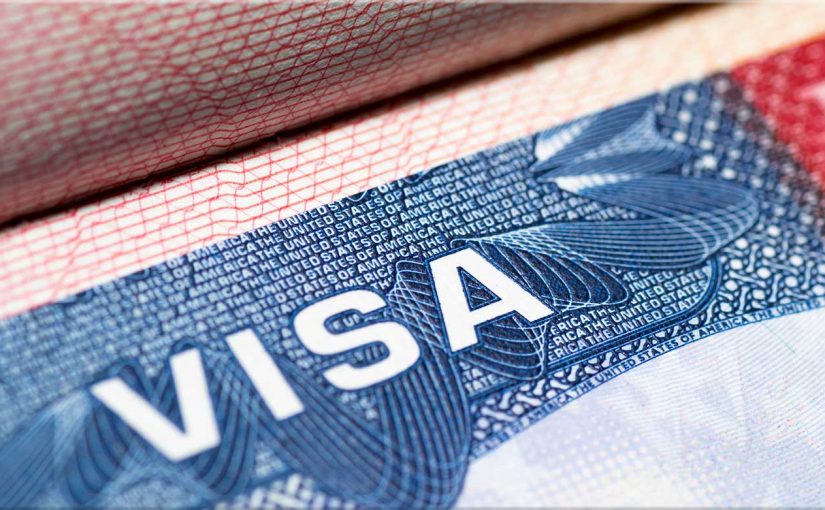
Interviewer: Can you repeat to me what are the disqualifying factors again for the waiver itself?
Jeanne Morales: Let’s talk about the vast majority of waivers. The terms I’m going to discuss apply to numerous different types of waivers. They all have similar features.
The Individual Must Have a Qualifying Relative
First off that anybody is going to need is a qualifying relative. That means if the United States is going to give you a second chance even though you already are inadmissible, either because you broke the United States laws or you have a health issue, the United States is going to step away from their rules. They will say, ‘Okay, even though our rules say you’re inadmissible, we’re going to step away from that and give you this waiver.’
The United States wants it to be based on helping somebody in the United States, so you have to have a qualifying relative. If you’re just Pierre from France and you don’t know anybody in the United States and there’s no reason for you to come to the United States.
If you don’t have a job to go, you don’t have a family that’s waiting for you or anything like that, why should the United States step away from rules that they’ve already laid down? ‘We don’t allow certain people with certain diseases to come to the United States or people who are otherwise inadmissible.’
The Qualifying Relative Must be a Citizen or Permanent Legal Resident
Depending on which waiver it is, sometimes the qualifying relative is only parents or spouses, and sometimes it is parents, spouses or children. Those parents, spouses and children need to be either a U.S. citizen or a legal permanent resident.
Someone cannot get a waiver based on, ‘Well, my mom’s in the United States. I really need to come and be with her. She needs my help.’ If she has no status herself, just the fact that she’s in the United States doesn’t help in the waiver process.
The Waiver Is Meant to Benefit a Legal Resident of This Country, Not the Individual That Wants to Reside Here
The waiver benefit is meant for people who are here legally, U.S. citizens and legal permanent residents. They’re the ones that are suffering from the strict enforcement of the immigration law, not the intending immigrant. That’s one thing that is really important for people to understand. Sometimes people come to me and ask for waivers and the intending immigrant is the one with the health problem or the issue that is critical.
For instance, let’s go back to that story I told about the family with the mentally retarded family member. The fact that the family member was mentally retarded and needed assistance, was not the reason ultimately the waiver was issued. This is because the mindset is, ‘You’re a citizen of another country. Your country should take care of you.’
How that waiver worked was we were able to show that some of the individuals in that person’s family were still permanent residents, but most of them had already naturalized and they were U.S. citizens.
The waiver was from the standpoint of, ‘These U.S. citizens are being effected and they’re the ones with the hardship because they have to go back to a country that’s not theirs now and take turns staying with this family member who can’t live on their own.’
A qualifying relative means qualified by their position, they’re your parents or your spouse and that they are legal, in other words, either U.S. citizen or legal permanent resident.

